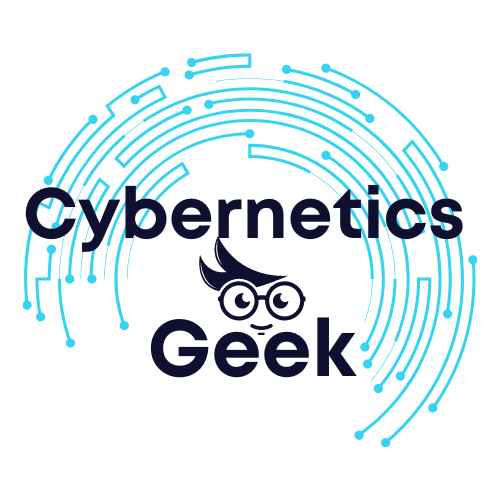In today’s digital-first world, cybersecurity is more critical than ever. The global shift to online platforms has exposed vulnerabilities in systems, networks, and data, leading to an alarming increase in cyber threats. But what exactly is cybersecurity, and why is it vital?
What is Cybersecurity?
Cybersecurity refers to the practice of safeguarding systems, networks, devices, and data from cyber threats, including unauthorized access, cyberattacks, and data breaches. It involves a wide range of technologies, strategies, and best practices designed to secure digital assets.
Key Components of Cybersecurity
- Network Security: Protects internal networks from unauthorized access and cyber intrusions.
- Data Security: Ensures sensitive information is encrypted and accessible only to authorized users.
- Application Security: Prevents vulnerabilities in software applications.
- Cloud Security: Secures data and applications hosted on cloud platforms.
- Endpoint Security: Safeguards devices like laptops, smartphones, and IoT devices.
Why Does Cybersecurity Matter?
Cybersecurity is no longer a choice—it’s a necessity. Here’s why:
1. Escalating Cyber Threats
- 2023 Statistics:
- Cybercrime is projected to cost the world $8 trillion annually in 2023 and is expected to reach $10.5 trillion by 2025 (Cybersecurity Ventures).
- 88% of organizations worldwide experienced phishing attacks in 2022 (Proofpoint).
- The average cost of a data breach rose to $4.45 million in 2023 (IBM’s Cost of a Data Breach Report).
2. Protection of Sensitive Data
With more personal and organizational data stored online, breaches can have devastating consequences. For instance:
- In 2021, the Facebook breach exposed personal data of 533 million users.
- The Equifax breach of 2017 compromised sensitive information of 147 million people, costing the company over $1.4 billion.
3. Preventing Financial Loss
Cyberattacks like ransomware are increasingly targeting small and large businesses alike. In 2023:
- 66% of businesses globally reported experiencing ransomware attacks (Sophos).
- The average ransomware payment was $1.5 million.
4. Maintaining Trust and Reputation
Organizations that fail to protect customer data risk losing their reputation and trust. A study by PwC revealed that 85% of consumers won’t do business with a company if they are concerned about its security practices.
5. National Security
Cyber threats have targeted critical infrastructure, including hospitals, energy grids, and financial institutions. Notable examples include:
- Colonial Pipeline Ransomware Attack (2021): A ransomware attack on the largest fuel pipeline in the U.S. caused widespread disruptions.
- Ukraine Power Grid Attack (2015): A sophisticated cyberattack left hundreds of thousands without power.
Major Cybersecurity Events to Watch
1. New EU Cybersecurity Rules (2024)
The European Union is set to implement the NIS2 Directive, requiring stricter security measures and penalties for non-compliance among businesses.
2. Rise of AI in Cybersecurity
As cybercriminals adopt AI to create more sophisticated attacks, companies are investing in AI-driven threat detection systems.
Emerging Trends in Cybersecurity
1. Quantum Cryptography
Quantum computing is poised to revolutionize encryption, making current cryptographic techniques obsolete. Governments and tech companies are racing to develop quantum-resistant algorithms.
2. Zero Trust Security Models
Organizations are increasingly adopting Zero Trust frameworks, which assume no user or device can be trusted without verification.
Best Practices for Enhancing Cybersecurity
- Use Strong Passwords and MFA: Protect accounts with unique passwords and multi-factor authentication.
- Update Software Regularly: Patch vulnerabilities to reduce risk.
- Invest in Cybersecurity Training: Educate employees on phishing scams and safe practices.
- Backup Data Frequently: Protect against ransomware by ensuring data recovery.
- Adopt Advanced Tools: Leverage tools like SIEM, firewalls, and threat intelligence platforms.
Cybersecurity for Individuals and Businesses
Whether for personal or professional use, here’s how cybersecurity plays a role:
- Individuals: Safeguard your personal data with antivirus software, strong passwords, and secure networks.
- Businesses: Develop a cybersecurity strategy, invest in risk management, and comply with regulations like GDPR or NIS2.
Conclusion
Cybersecurity isn’t just a technical issue; it’s a critical component of modern life. With cybercrime costs skyrocketing and the threat landscape evolving, prioritizing cybersecurity is essential for individuals, businesses, and governments alike. By staying informed and adopting proactive measures, we can better protect our digital lives.
